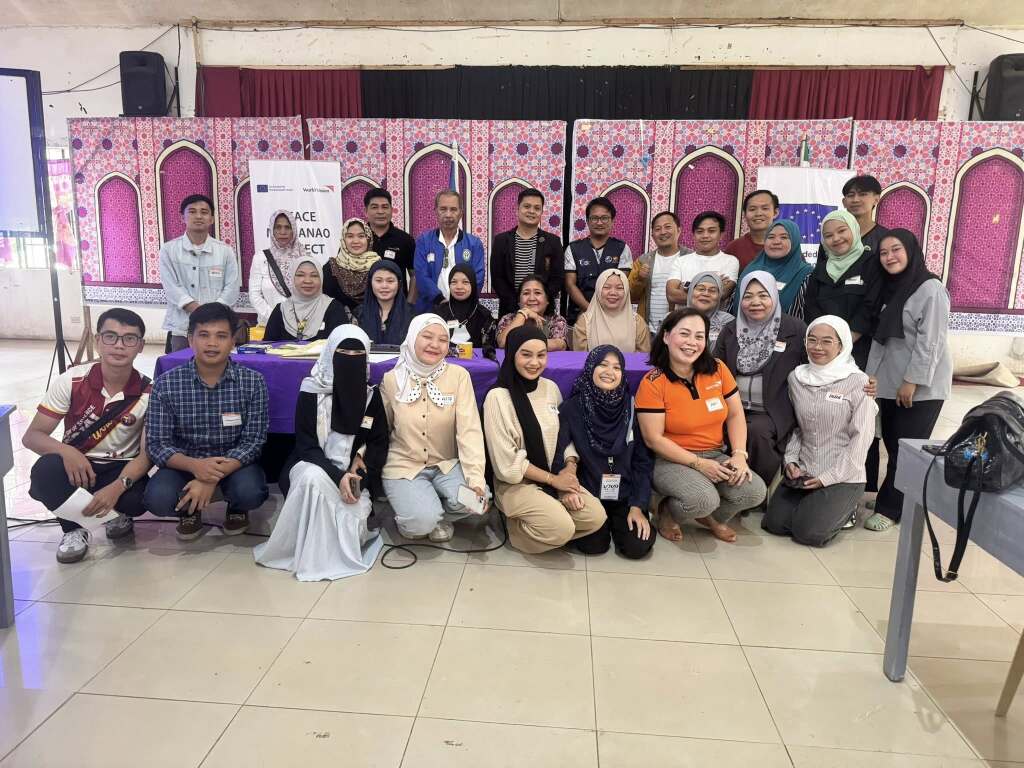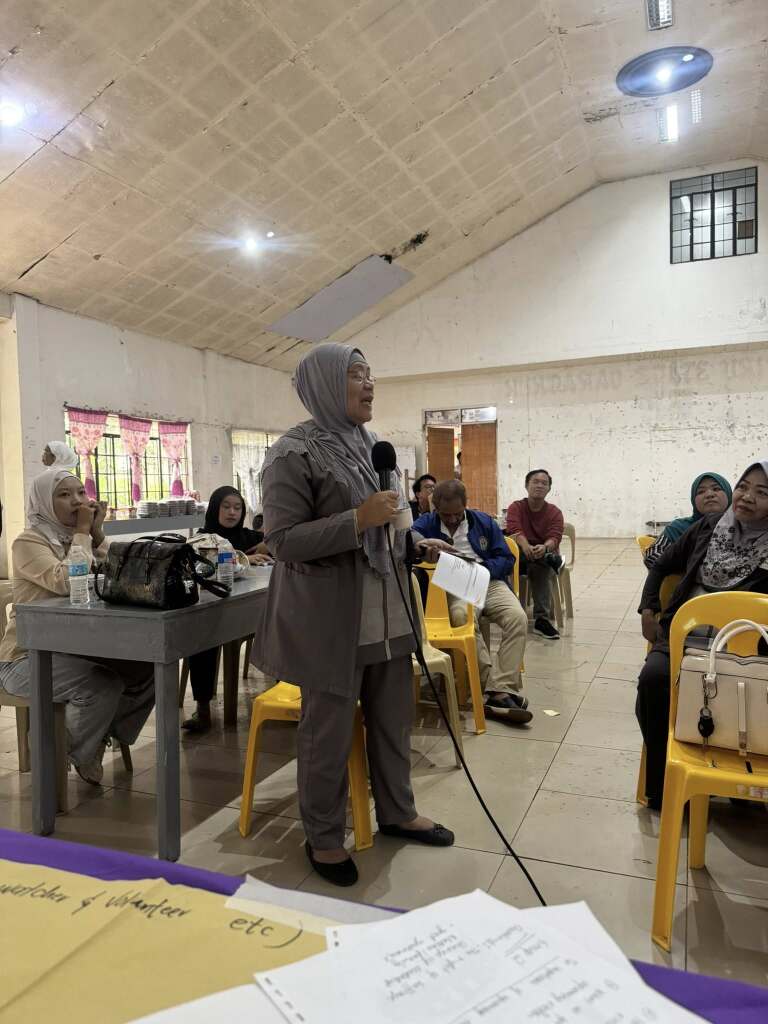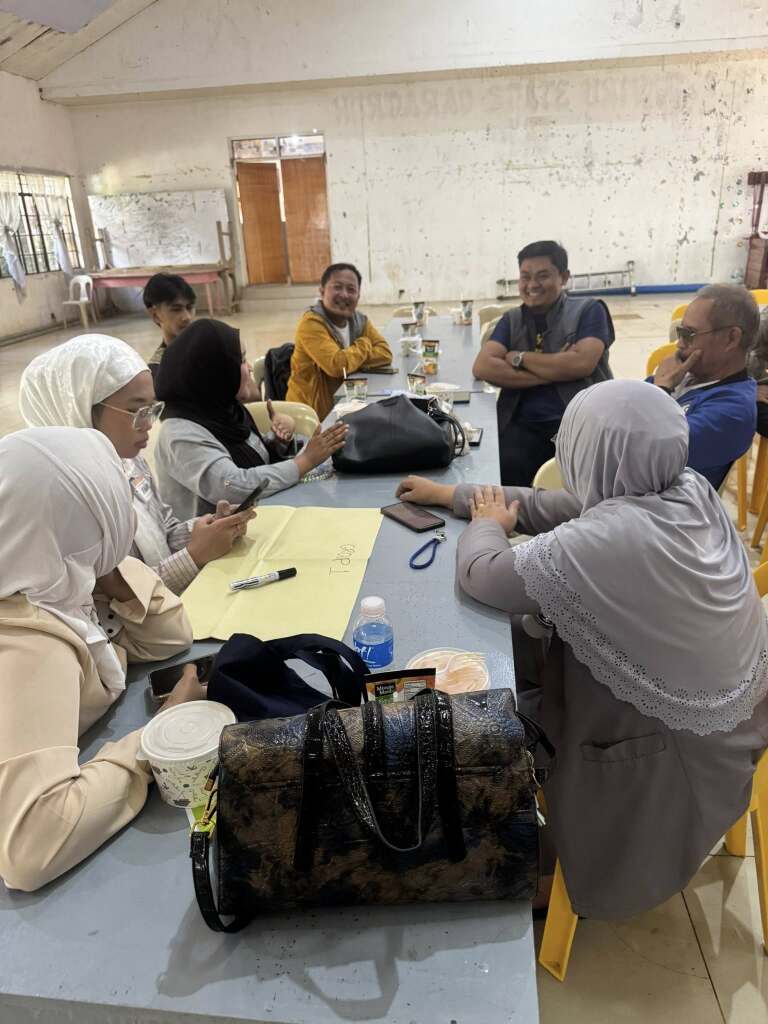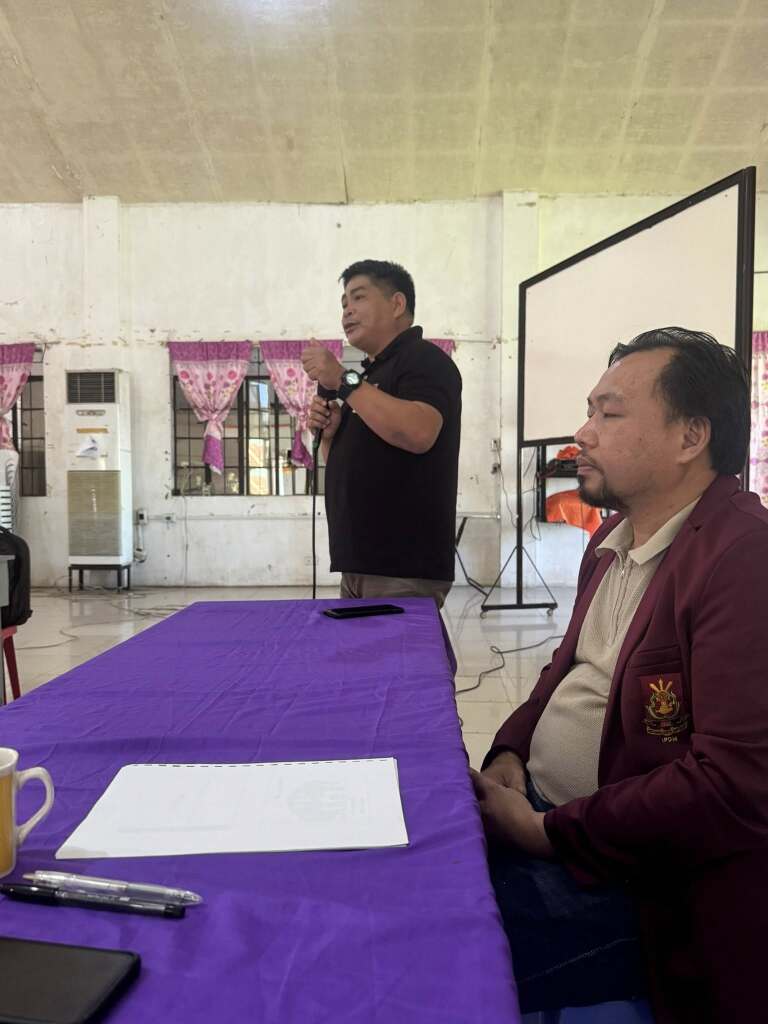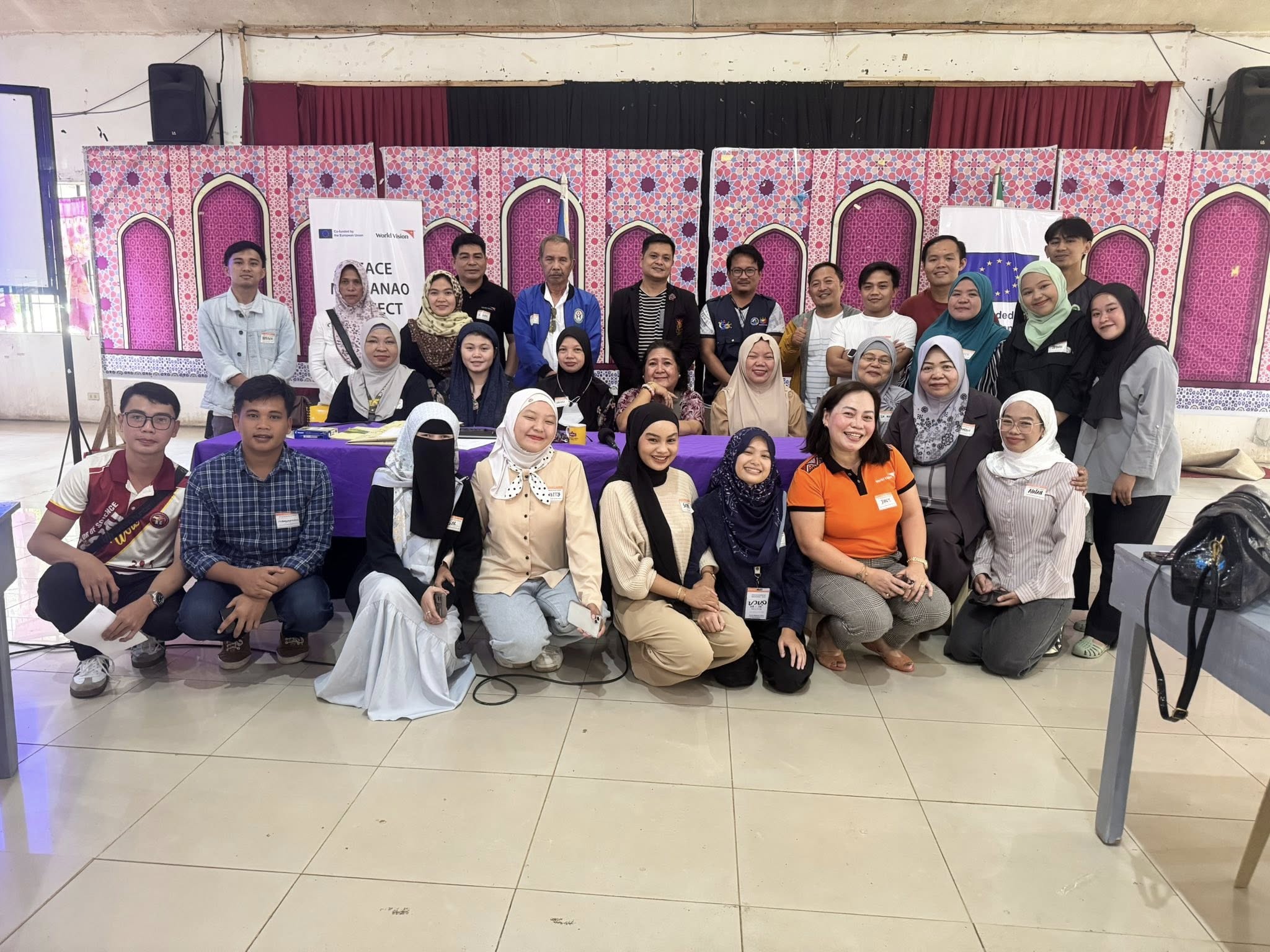Aliah P. Cali-Pascan, JD., DPA, Sh.L
The second quarter Peace Forum organized by Institute for Peace and Development in Mindanao and the World Vision funded by European Union, held in MSU IPDM Convergence Hall today, brought together a diverse group of peace advocates to engage in crucial discussions, share valuable insights, and collectively envision a more peaceful future for the region. The forum, characterized by its open dialogue and collaborative spirit, underscored the unwavering commitment of stakeholders to sustainable peacebuilding efforts.
The forum officially commenced with a warm welcome address from Executive Director Acram Latiph, who set an optimistic tone for the day’s proceedings. Following this, Oliver Apud, a renowned Peacebuilding Specialist, eloquently articulated the rationale behind the gathering. He emphasized the forum’s core objective: to provide a much-needed platform for peace advocates to come together, discuss best practices, share their unique experiences, and ensure their voices are heard in the ongoing peace process.
A significant portion of the forum was dedicated to interactive conversations and workshops, allowing participants to delve deep into various aspects of peacebuilding. The attendees, a vibrant mix of teaching staff from the Marawi City Division and OPAPRU personnel assigned in Lanao del Sur, actively contributed their perspectives and experiences, fostering a rich environment for learning and collaboration.
Following these dynamic sessions, Prof. Almahdi Alonto, a distinguished Peace Education Officer, delivered a comprehensive synthesis of the day’s discussions and workshop outcomes. His insightful summary highlighted key takeaways and reinforced the collective wisdom shared by the participants.
The forum concluded with heartfelt closing remarks from Dr. Aliah Cali-Pascan, a dedicated Peace Action Officer. Her words resonated with a sense of shared purpose and encouraged continued dedication to the peace advocacy. The day’s engaging program was skillfully moderated by Prof. Corazon Mangelen, an IPDM Consultant, whose adept guidance ensured a smooth and productive flow of discussions.
The Second Quarter Peace Forum served as a testament to the power of dialogue and collective action in peacebuilding. It not only strengthened existing networks among peace advocates but also laid a solid groundwork for future collaborations, ultimately contributing to a more resilient and harmonious Bangsamoro Region.
